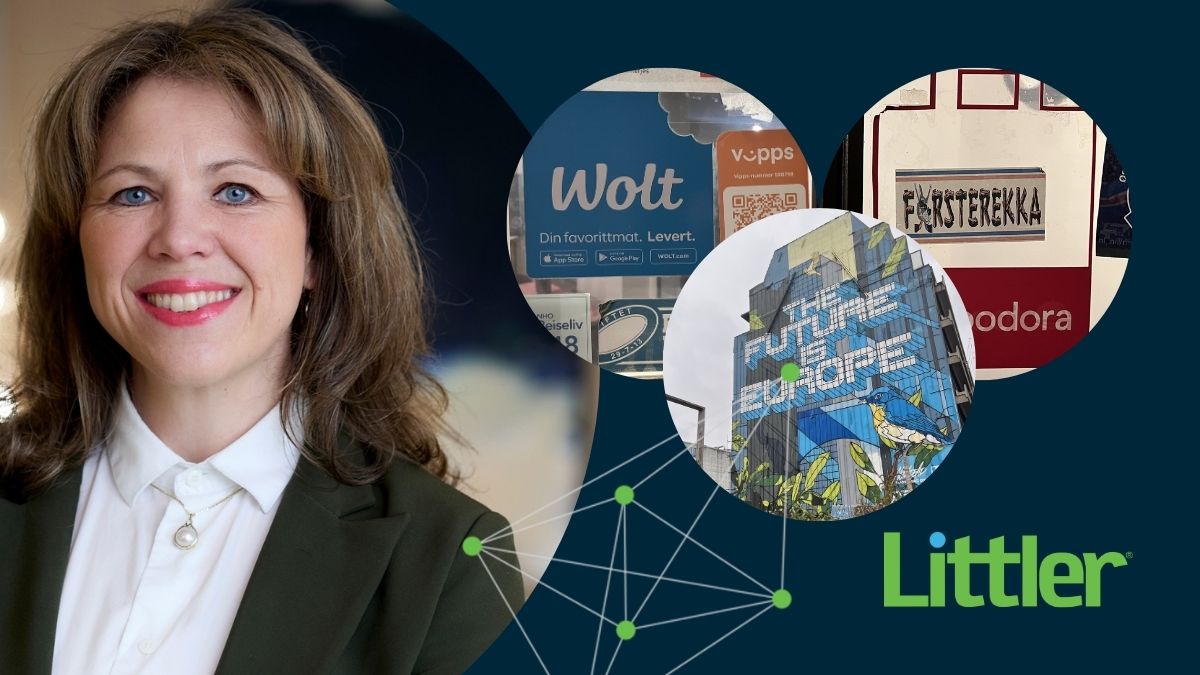
New EU rules on platform work
This week, the Council of the European Union agreed on a separate directive for platform work. This is the very first directive to regulate working conditions for platform workers. It applies both to those who are employees or self-employed contractors, and those who perform services for digital platforms that offer the services through an app.
Ensuring correct classification
Central to the directive is to ensure that those who are misclassified as self-employed contractors are classified as platform workers. There has long been discussion about how the rule itself should be formulated. Originally, the European Commission proposed a checklist of five points, where it was sufficient to fulfil two criteria to obtain status as an employee.
In the new rule, facts that indicate control and management in the relationship between the digital platform and the platform worker are sufficient. However, these must be in accordance with national law, collective agreements in the member states, where the case law of the European Court of Justice is also taken into account, in order for an employee status to be assumed. The digital platform may again challenge this classification. It will then be up to the platform to prove that an employee status does not exist.
Member states are also required to implement effective mechanisms to ensure proper classification, including through judicial review.
In 2022, there were 28 million platform workers in the EU. 5 million of these were assumed to be misclassified as self-employed workers. These will now be able to gain employee status as a result of the directive. The number of platform workers is expected to reach 43 million in the EU next year.
Algorithm-driven management
The directive is also the first to regulate artificial intelligence in the area of employment law. As stated in the preamble, platform workers often do not have access to information about how the algorithms work and how the individual's personal data is used in automated decision-making systems.
The Directive therefore requires platforms to provide information or access to information in various situations. The Directive also requires that decisions to limit, suspend or terminate a contractual relationship or account held by a platform worker must be made by humans. In such situations, the individual shall also be entitled to a written explanation.
Specialised regulation of personal data
The Directive also regulates what kind of personal data can be processed by digital platforms through automated decision-making systems. Among other things, the directive prohibits the collection or processing of data about the platform workers' emotional and mental health, private conversations in connection with work, information that may reveal the person's ethnicity, religion, political opinions, health, and trade union membership. The directive also regulates a right to a private and secure communication channel for those working for the same digital platform.
The member states have two years from formal adoption to implement the directive, which is also EEA-relevant.
We assist: The Platform Directive will also require changes for digital platforms established in Norway. We assist with classification issues and provide advice on the use of automated decision-making systems/KI in the labour market.

